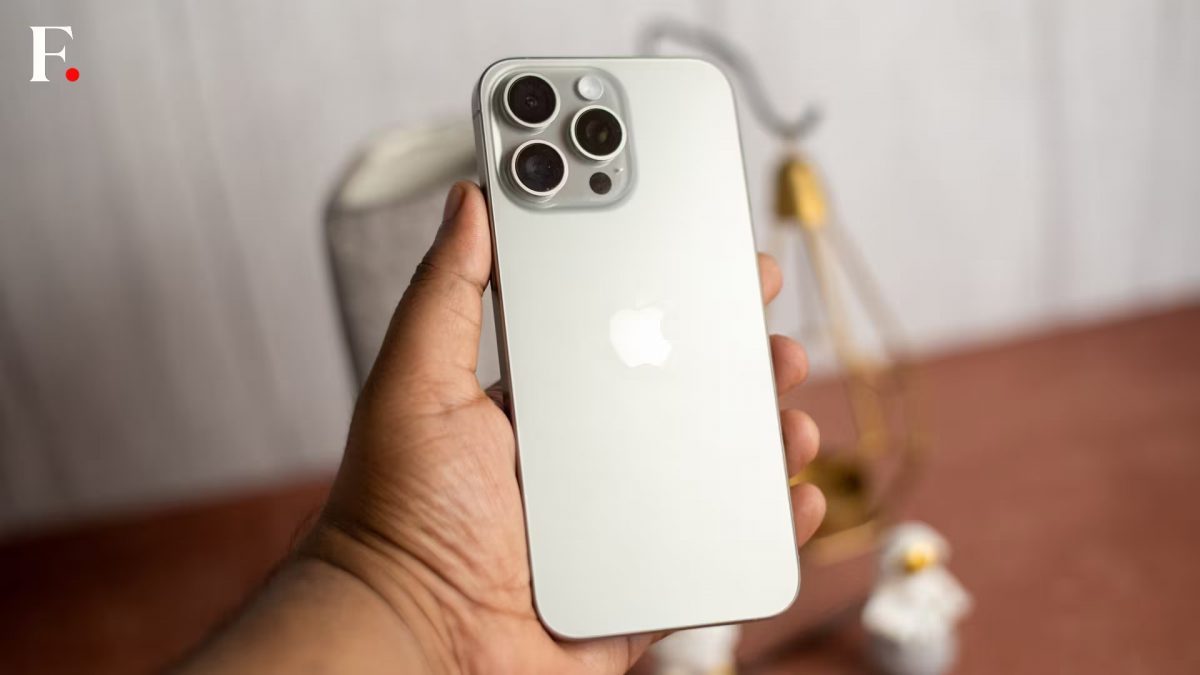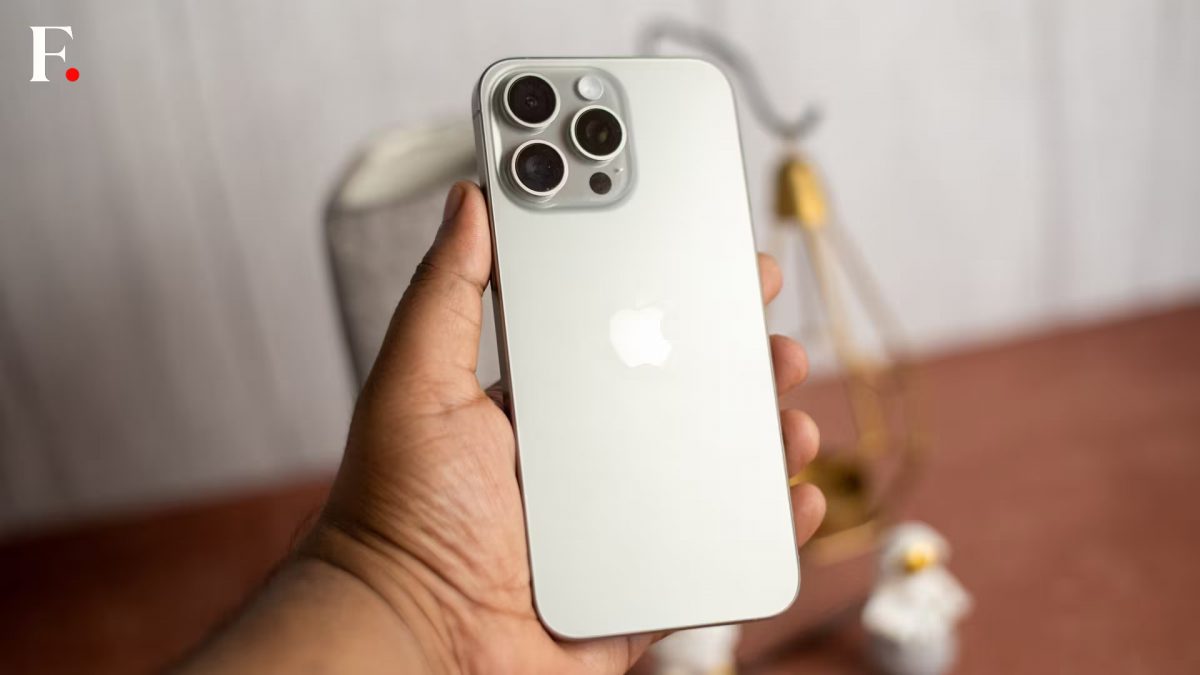By Devika Agarwal
Associated Chambers of Commerce & Industry of India (ASSOCHAM India) in a recent letter has urged Prime Minister Modi to amend the 2016 Guidelines on Computer Related Inventions (CRI Guidelines) to allow for software patents to be granted in India. The letter raises concerns that the present CRI Guidelines which do not permit patentability of software adversely affect innovation by start-ups and also hit investments in the ICT sector. It further argues that software patents are granted in countries abroad, and by not permitting software patents, the CRI Guidelines are not aligned to the Digital India initiative. At present, the Indian Patents Act and the CRI Guidelines prohibit patents on software. However, software patents have in fact been granted recently by Indian Patent Offices to companies like Google, Apple and Facebook. This leads one to question whether patents on software are indeed denied in India (as argued by ASSOCHAM) or are patent offices in India inclined to grant software patents in spirit.
Law on software patenting in India
Inventions in the field of software may fall in the category of computer programs (which are protected under copyright law in India) or business methods. While software is said to constitute a set of computer programs, a ‘business method’ can be understood as ‘inventions which combine software with business methodology’. In other words, business methods refer to “novel ways of doing business” by software and internet companies. A popular example of a business method is Amazon’s “ 1-Click system ” which gives an option to regular users of Amazon to make purchases online without the need to enter their payment and contact details manually every time, thereby enabling purchases through a “single click”.
Section 3(k) of the Patents Act excludes the following inventions from patentability: mathematical or business method; computer programs per se (by itself); or algorithm. What is confusing about the patentability of computer programs under section 3(k) is the use of the phrase ‘per se’. Until 2015, there was no uniformity among the four patent offices (Kolkata, Mumbai, Delhi and Chennai) in India on the issue of grant of software patents (a fact which was also noted by the Intellectual Property Appellate Board (IPAB) in the case, Yahoo v. Controller, and Rediff). In the absence of any guidelines on the issue of patents on computer related inventions (CRI), it was found that while some patent offices refused to grant software patents, others were inclined to grant patents on software. In order to remove inconsistencies related to grant of software patents in India , the Controller of Patents issued guidelines related to CRI first in 2015 (known as CRI Guidelines 2015). Under the 2015 guidelines, patent offices in India were prohibited from issuing business method patents while computer programs could be patentable on the fulfilment of certain conditions.
The CRI Guidelines 2015 were decried by open source activists in India who claimed that the 2015 Guidelines would adversely impact innovation by start-ups in India; they argued that the 2015 Guidelines violated section 3(k) of the Patents Act which expressly prohibited software patents. This led to the recall of the 2015 Guidelines in December 2015 and fresh guidelines were subsequently issued in February 2016. The 2016 Guidelines altered the earlier position to the extent that even patents on computer programs could not be granted unless the inventor could show that the invention included a computer program “in conjunction with a novel hardware” (also known as ‘novel hardware requirement’). Business methods continue to remain non-patentable under the 2016 Guidelines.
Business method patents routinely granted by Indian patent offices
While the 2016 Guidelines cleared the legal ambiguity related to software patenting in India, recent trend indicates that software patents (particularly business method patents) are routinely granted by Indian patent offices. As many as four business method patents have been granted in India in 2017.
Business method patents granted to Facebook
Facebook was granted a patent ( Application No. 830/CHENP/2009 ) in February 2017 on a method “for generating dynamic relationship-based content, personalised for members of the web-based social network”. Facebook claimed that section 3(k) was not applicable in this case because the invention “implements a technical process and has a technical effect.” On 25th April, 2017 Facebook was granted another patent ( Application No. 6799/CHENP/2009 ) on a method to share its user-profile data with third party applications on Facebook. Facebook in its patent application stated that its invention was not merely a computer program as the said invention “includes hardware limitation and provides technical improvements and benefits like checking privacy setting associated with the user profile”. The Chennai Patent Office accepted this submission and accordingly granted Facebook a patent for its invention.
Apple’s patent on media management program
In May 2017, the Kolkata Patent Office granted a patent ( Application No. 461/KOLNP/2009 ) to Apple on a ‘method for browsing data items with respect to a display screen associated with a computing device and an electronic device’. Notably, one of the issues raised during the examination of the patent application was whether the invention fulfilled the novel hardware requirement. Apple argued that its invention brings about an “improved technical effect” and therefore, should be patentable. Surprisingly, Apple’s argument was accepted by the patent office which accordingly granted Apple a patent on the said invention.
Patent granted on Google’s information retrieval system
Most recently, Google was granted a patent on an invention titled, ‘phrase identification in an information retrieval system’. In this case too, Google argued that its invention is not an algorithm or a computer program per se, “but provides a technical solution to a technical problem of how to automatically identify phrases in a document collection”.
The trouble with the grant of the aforementioned patents is that the subject-matter of these inventions in all the cases was business methods. The internet companies argued that their inventions included a ‘novel hardware’ and therefore, did not fall afoul of section 3(k). Even though ‘novel hardware’ is not defined in the CRI Guidelines (leaving patent examiners free to interpret the meaning of the phrase), it is worth noting that business methods are absolutely prohibited under Indian law and the ‘novel hardware’ requirement is applicable only when the invention is a computer program. Such patents indicate that while software/business methods are prohibited under Indian patent laws, patent offices in the country show a proclivity towards granting such patents.
Devika Agarwal is a Research Fellow at Centre for WTO Studies, Indian Institute of Foreign Trade. She is also a Volunteer at Strategic Advocacy for Human Rights. Views expressed are personal.


)




)
)
)
)
)
)
)
)